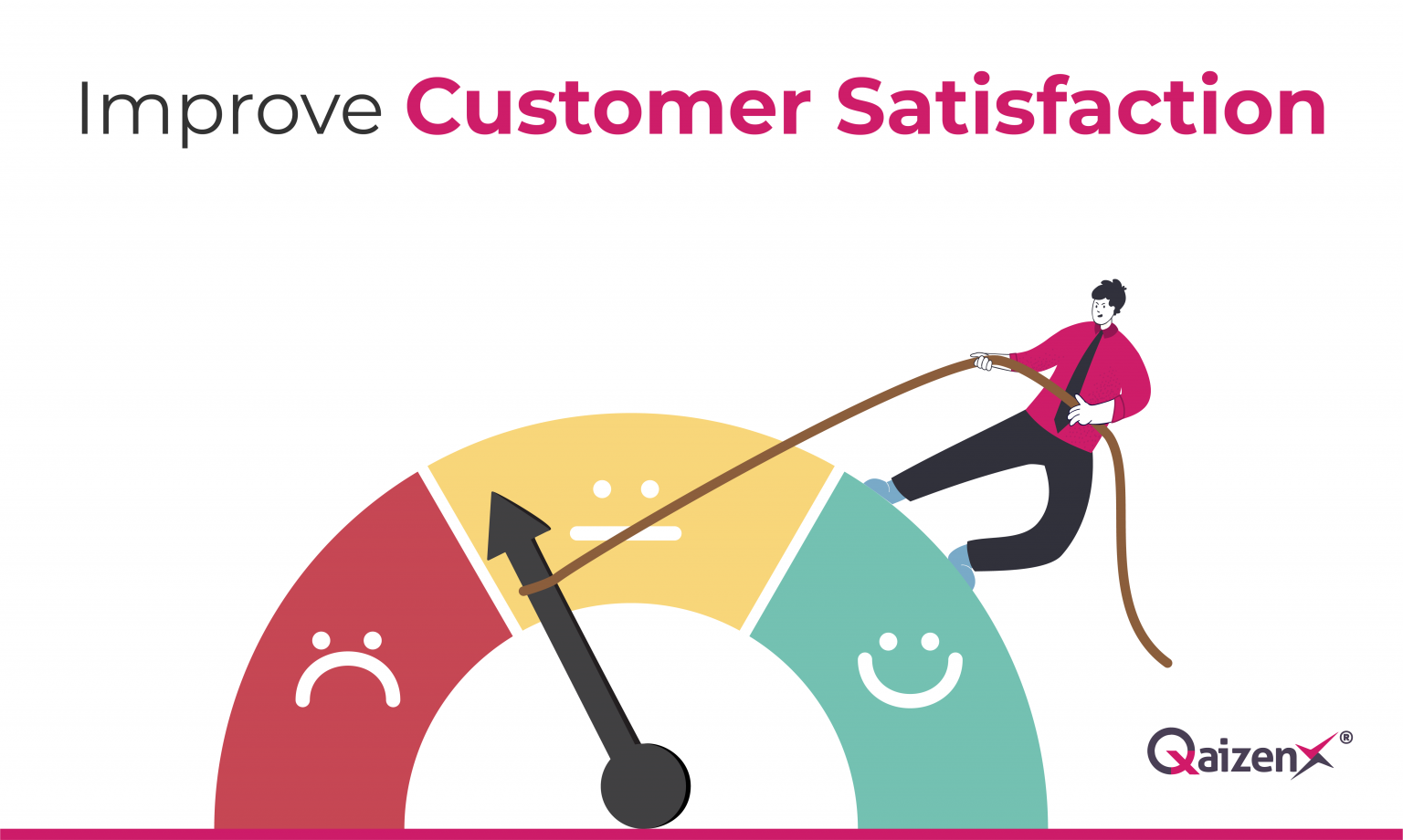Customer Satisfaction
What is Customer Satisfaction?
Definition:
Customer satisfaction refers to the degree of contentment experienced by consumers after interacting with a product, service, or brand. It reflects the fulfillment of expectations and needs, leading to positive feelings and loyalty towards the offering and the company providing it.
Analogy:
Consider customer satisfaction as the foundation of a sturdy bridge connecting consumers with businesses. Just as a well-built bridge ensures safe passage from one side to another, high levels of customer satisfaction bridge the gap between consumer expectations and company delivery, fostering trust and long-term relationships.
Further Description:
Customer satisfaction is a multifaceted concept influenced by various factors:
– Product Quality: The degree to which a product meets or exceeds customer expectations regarding performance, durability, features, and reliability significantly impacts satisfaction.
– Service Excellence: Quality customer service, including responsiveness, attentiveness, and problem-solving, enhances the overall consumer experience and contributes to satisfaction.
– Value Proposition: Customers evaluate the perceived value gained from a product or service in relation to its cost. A compelling value proposition that aligns with customer needs and preferences contributes to satisfaction.
– Communication and Transparency: Open and transparent communication, including clear product information, policies, and terms, fosters trust and positively influences satisfaction levels.
Key Components of Customer Satisfaction:
– Expectations: Customer satisfaction is closely tied to expectations. Meeting or exceeding customer expectations leads to satisfaction, while falling short results in disappointment.
– Feedback Loop: Continuous feedback from customers through surveys, reviews, and direct communication enables businesses to understand consumer preferences and areas for improvement, fostering higher satisfaction levels.
– Employee Engagement: Engaged and motivated employees who are committed to delivering exceptional customer experiences play a crucial role in driving customer satisfaction.
Why is Customer Satisfaction Important?
– Retention and Loyalty: Satisfied customers are more likely to remain loyal to a brand, make repeat purchases, and recommend the brand to others, contributing to long-term profitability.
– Reputation Management: Positive customer experiences enhance a company’s reputation and mitigate negative word-of-mouth, attracting new customers and retaining existing ones.
– Competitive Advantage: Superior customer satisfaction differentiates a brand from competitors, serving as a key differentiator in crowded markets and driving market share growth.
Examples and Usage:
– Apple: Known for its emphasis on customer satisfaction, Apple consistently ranks high in customer loyalty and retention due to its focus on product quality, innovative design, and customer service.
– Zappos: The online shoe retailer has built a reputation for exceptional customer service, offering free shipping, hassle-free returns, and 24/7 customer support, leading to high levels of customer satisfaction and loyalty.
– Tesla: Tesla’s commitment to customer satisfaction extends beyond its electric vehicles to encompass software updates, customer service, and community engagement, contributing to its dedicated fan base and brand advocacy.
Key Takeaways:
- Customer satisfaction reflects the degree of contentment experienced by consumers after interacting with a product, service, or brand.
- Factors influencing satisfaction include product quality, service excellence, value proposition, and communication.
- Customer satisfaction drives retention, loyalty, reputation management, and competitive advantage for businesses.
- Apple, Zappos, and Tesla exemplify companies known for prioritizing customer satisfaction and reaping the benefits of customer loyalty and advocacy.





